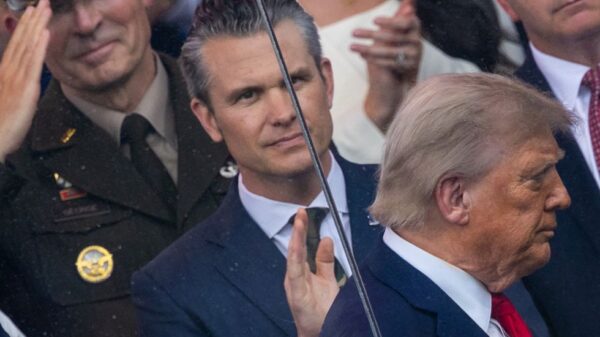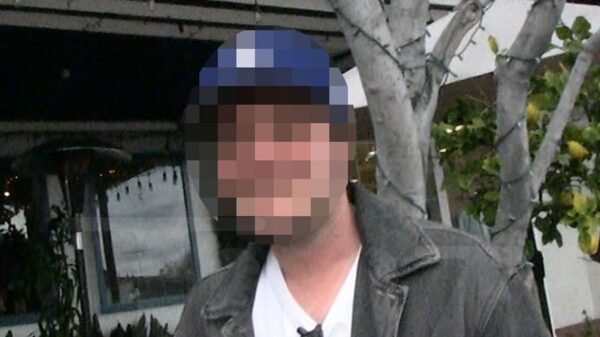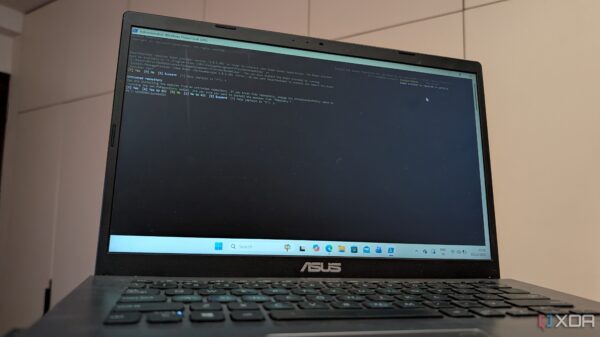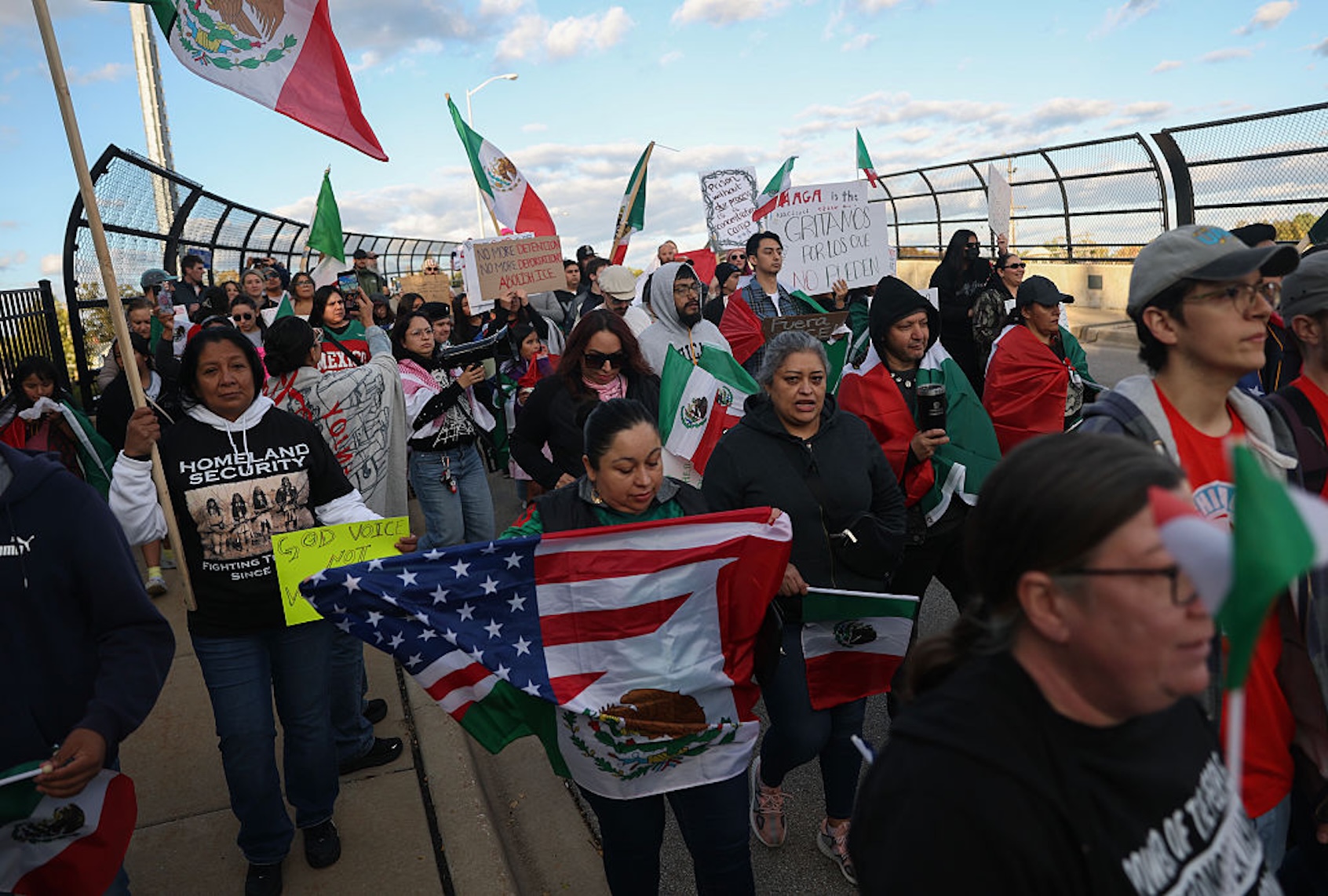The ongoing deportation raids initiated under President Donald Trump have intensified in Chicago, affecting everyday workers and raising significant concerns about civil liberties. In these operations, conducted by Immigration and Customs Enforcement (ICE), agents have reportedly targeted vulnerable communities, leading to widespread fear among immigrant populations.
At O’Hare International Airport, ICE agents have been conducting searches in rideshare lots, resulting in the arrest of individuals identified as undocumented immigrants. Reports indicate that at least 1,000 people have been detained or gone missing in what the administration has labeled Operation Midway Blitz. The raids have left many workers in the city fearful of going to their jobs, disrupting local businesses that rely on their labor.
In a recent interview, Craig Futterman, a law professor at the University of Chicago, expressed his concerns about the implications of these actions for American democracy. He stated, “The Rule of Law, our fundamental rights, our fundamental freedoms are under assault.” This sentiment echoes the fears of many residents who feel that their civil liberties are being compromised in the name of national security.
Chicago’s Democratic leaders, including Illinois Governor JB Pritzker and Chicago Mayor Brandon Johnson, have voiced their opposition to these federal actions. Pritzker warned that the president’s threats to deploy military forces in the city could lead to a suspension of democratic processes, particularly the upcoming elections on November 4, 2024. “I’m afraid for the people of Illinois and the people of the United States,” he said, highlighting the gravity of the situation.
The current landscape reflects a broader struggle over immigration policy and enforcement, as Trump positions himself against perceived enemies, including immigrant communities. The targeting of these individuals has raised questions about the legality and morality of the administration’s approach. Futterman noted that while Trump claims to be enforcing the law, the reality on the ground suggests a different narrative, one characterized by fear and resistance.
Community responses have emerged as a counter to these actions. Many residents are actively engaging in peaceful protests and utilizing apps designed to alert individuals when ICE agents are nearby. Such grassroots movements illustrate the resilience of communities facing authoritarian measures.
While the federal government asserts that its actions are necessary for maintaining order, legal experts argue that the criteria for deploying military force do not apply in this context. Paul Gowder, a constitutional law scholar, indicated that there is no evidence of the unrest that would justify such actions.
The impact of these raids extends beyond the individuals directly targeted. Local businesses are suffering as fear grips the community, with some food vendors and restaurants reporting significant declines in patronage. As workers hesitate to leave their homes, the economic ramifications of Trump’s deportation strategy become increasingly apparent.
As these developments unfold, the ongoing narrative surrounding immigration in the United States continues to evolve. The struggles faced by ordinary citizens caught in the crossfire serve as a poignant reminder of the human cost of political rhetoric and policy. In a landscape fraught with tension, the question remains: how will communities respond to an administration that seeks to define them as enemies?
The unfolding situation in Chicago exemplifies the broader national dialogue on immigration, civil rights, and the role of government in the lives of its citizens. The courage of those standing against these actions may ultimately shape the future of American democracy.






































































